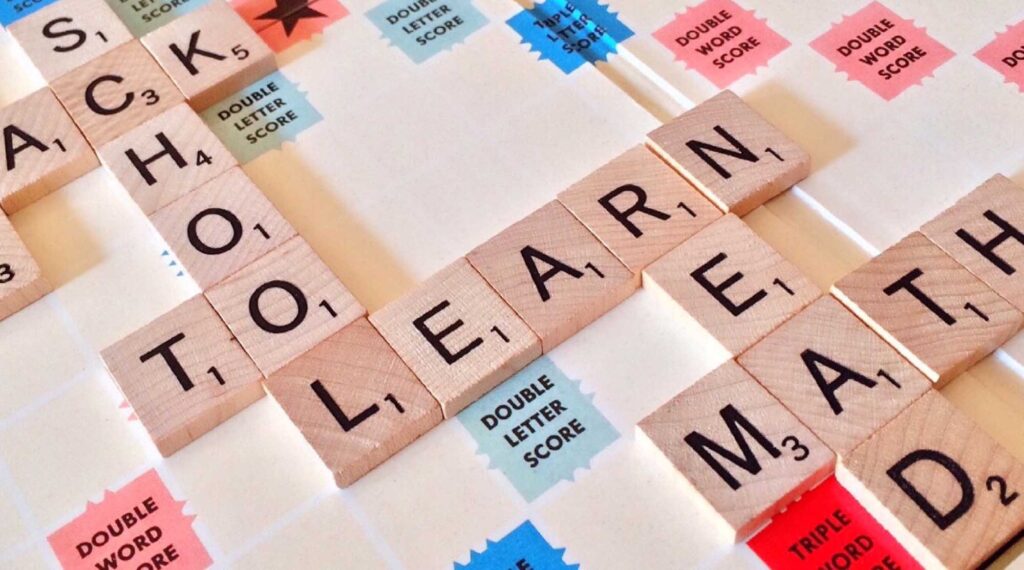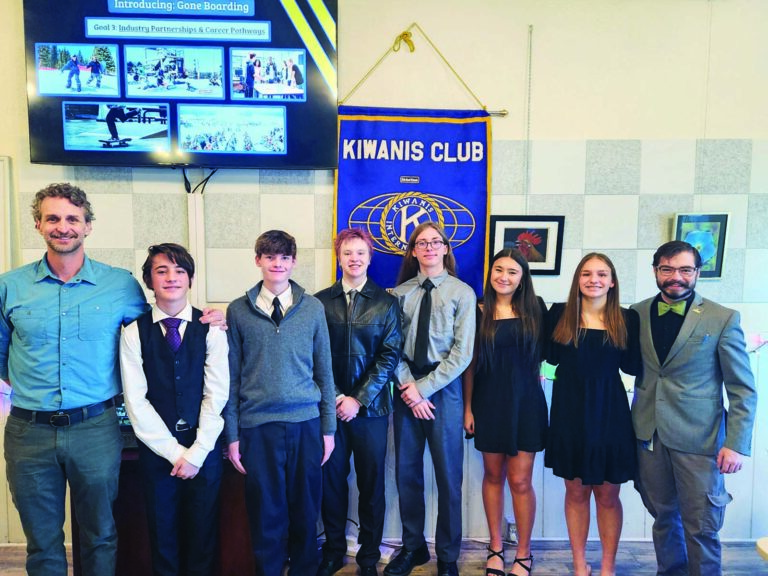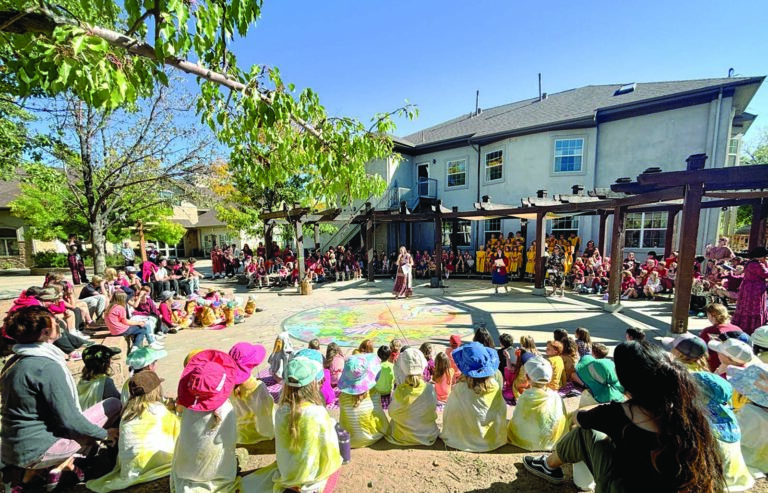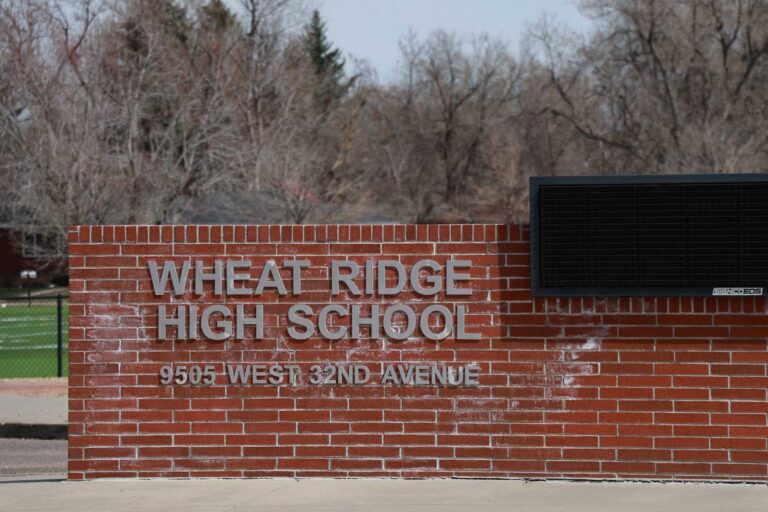Someday, historians will look back on March 2020, and the years following, examining the way in which the world responded to an unimaginable global crisis. Toilet paper disappeared overnight, liquor stores hit an all-time high for sales, and schools closed. Historians will critically analyze how we as educators reacted to this unprecedented interruption to education. What will they say? Will they say we acted in the best interest of our young scholars?
As I reflect back on the past two years and the global impact on education, and then think forward to the future, I have three wishes.
The first wish is that as we move forward, we become better architects of learning by creating instructional programming that mirrors the silver linings of an education interrupted. Our focus on character came through, as students were resilient, and readily took to the task of working remotely, interacting through online platforms in a way they were not specifically trained. Isn’t that the entire goal of education, to prepare students by providing the necessary skills and knowledge for an ever-evolving, unpredictable future? Well, that future came sooner than expected, and I would contend that students were remarkable in their ability to transfer knowledge to new learning platforms, ways of living and of interacting with each other. Their ability to pick up new skills and adapt rapidly was both amazing and confirming.
My second wish builds on the first, as I wish for continued and expanded focus on the implementation of Social Emotional Learning for all students. While students were able to maneuver quickly into this new world, it wasn’t without cost to their emotional well-being. Students were left with the unease that comes with change. No longer could they play with friends, go out with their families, or explore the world unmasked. While change often leads to positive outcomes, without the proper support on how to navigate and react appropriately, scholars experience disequilibrium. What does and what can Social Emotional Learning look like in the context of current circumstances, while building skills for yet another future unknown?
Finally, I hope that we continue to examine our response to unfinished learning. Will we emulate our amazing students with the ability to change the design of our instructional systems completely, or will we rehash decades-old tradition of teaching content, testing and repeat? Or will we rise to the occasion and innovate how we move forward with raising our expectations about what scholars can do with thoughtful guidance and support? We are charged with raising future leaders.
So, how did we respond? We cried, we denied, then, we came together. So was this an education interrupted, or was, and is this an education in itself?
TJ Bonham (McManus) is the principal of Stevens Elementary in Wheat Ridge.






